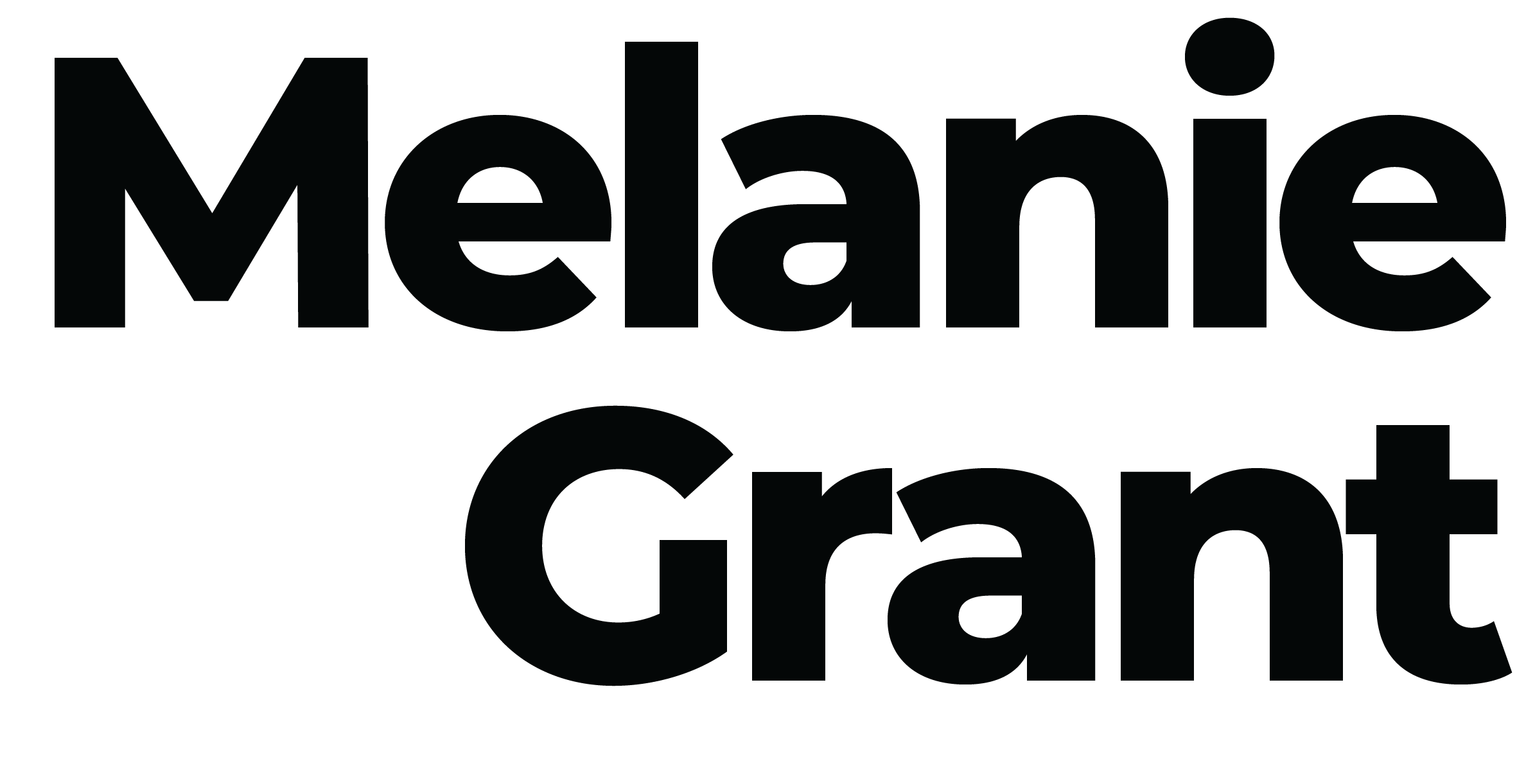You will typically see these blemishes worsen the week before your period. This is when oestrogen levels drop, and testosterone and progesterone levels rise. This in turn causes increased oil production and restricted pores in the skin. The end result is blemishes, bumps, blackheads and milia. Hormonal acne may also indicate deeper health concerns such as stress, PCOS, excessive androgens or menopause. Consult your doctor if you’re concerned.
To manage the congestion at home, try double cleansing in the evening using an oil cleanser first and follow with an AHA cleanser. The first cleanse will remove makeup and surface debris, the second will deep clean your pores by removing oil, dirt, pollution and dead skin cells.
An exfoliant with a BHA such as salicylic acid will liquify and flush oil and dead skin cells from the lining of your pores and dissolve milia (the small hard, white or pearly coloured bumps) by enhancing cell turnover, thus improving your skins natural exfoliation process and unplugging your pores.
A retinol serum at night will accelerate cell turnover, helping to sweep away dead skin cells and congestion and promote collagen to refine the pores. Swap heavy, rich creams for a light weight water based moisturiser or gel creme to hydrate. Remember that skipping moisturiser all together can actually increase oil production.
You have a few different options when it comes to professional treatments.
Diamond microdermabrasion will gently abrade the uppermost layer of dead skin cells helping to smooth and reduce the bumps and stimulate blood and lymphatic circulation. Gentle aha or enzyme peels will dissolve built up dead skin cells, and decongest clogged pores. Light therapy with customised infusions will help reduce inflammation and bacteria.
To manage your day to day routine …
Avoid oil based makeup and heavy skincare
Clean your mobile phone on a regular basis
Never try and squeeze milia or deep cysts as this will only cause more inflammation and damage the surrounding skin resulting in pigment and possible scarring
Avoid inflammatory foods such as refined sugar, dairy, red meat and alcohol and increase your intake of essential fatty acids by eating nuts, avocados and oily fish.
MGx
